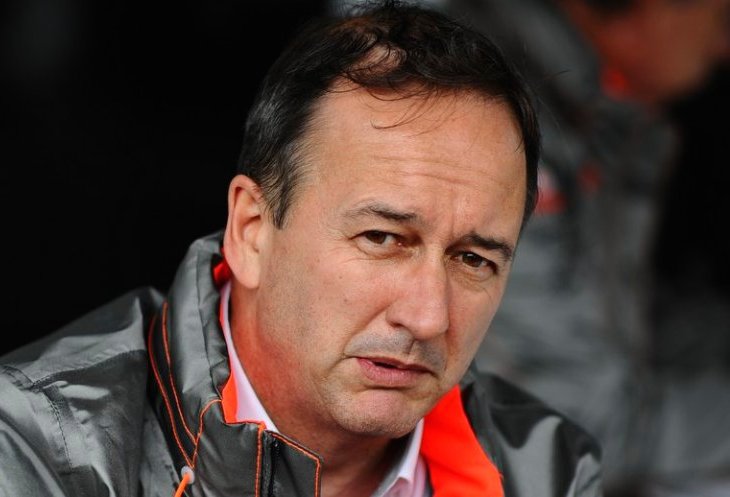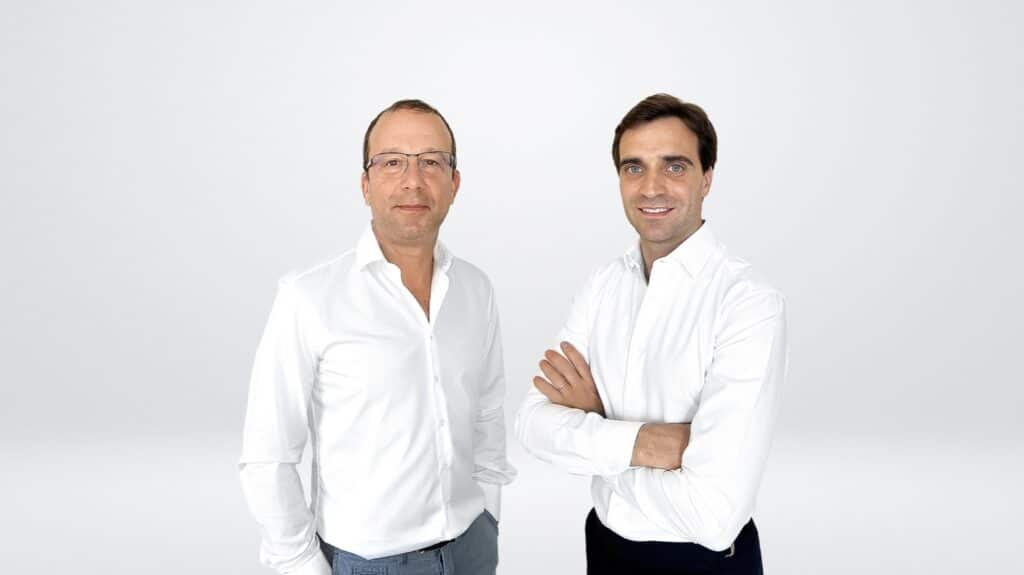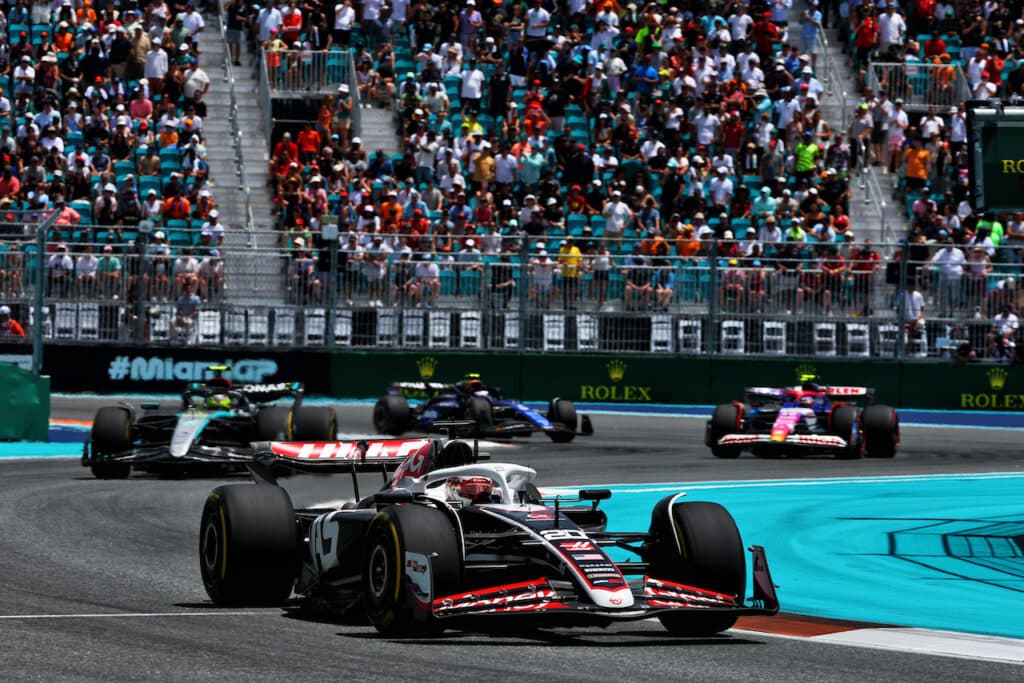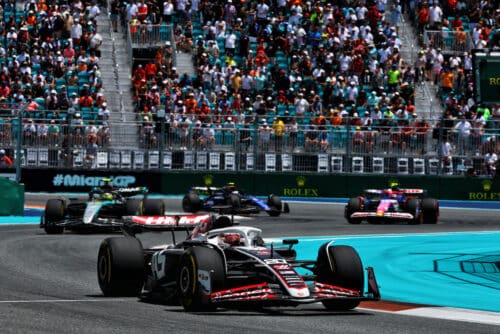Exclusive Interview: Jonathan Neale on the engines and sound of the new season
« I think fans just need to get used to it»

The new Formula 1 is raising controversy as has happened few times in the past. On the one hand there is the public and critics, to say the least perplexed by the new consumption rules and the sound of the new V6 turbo engines. On the other hand, there are many professionals who defend the federation's choices (some more, some less). We were able to have a chat in a national exclusive with Jonathan Neale, CEO of McLaren Racing, together with Bruce Crawley, Global Motorsport Technology Manager of ExxonMobil, who told us his opinion on these more than hot times, with a look also at the season (and to McLaren) that will come. In particular, we focused on the issue of consumption, a topic that ExxonMobil is naturally following with particular interest.
In the first races of this season, fuel consumption played a decisive role. Both in terms of performance and the efficiency of the cars themselves. Do you think that the choice of one fuel rather than another can determine victory in a race or a championship?
Yes, I think that to win a race you need to have as many favorable elements as possible. Everything must work perfectly. The preparation of the car, the engine and the skill of the driver. Everything together contributes. Certainly, however, Formula 1 has transformed into a competition also based on consumption and therefore a fuel like that of Exxon can do wonders with the car, creating advantages in terms of performance. This is something that our colleagues at ExxonMobil have done very well with Mercedes over the last 12 months. Formula 1 cars were traditionally loaded with 150kg of fuel, whereas now we are at just 100kg. This is an aspect on which we can still improve a lot, also because in Formula 1 we have only just started working on it.
Do you think that without consumption limits these new engines could offer better performance to the cars?
Formula 1 must represent the pinnacle of the world of racing. This means having the best technology for the best performance. The transition from naturally aspirated V8 engines to the current ones has been planned for many years. Materials and engine design have changed several times. This, however, represented the transition towards a new era of more efficient engines and that does not mean low performance. The complex system for connecting the energy recovery system to the engine as well as the heat recovery system is linked to the systems of supercar manufacturers, such as the McLaren P1 and other competitors also in Italy. The same also happens for hybrid technology. It is important for Formula 1 that the industry and fans understand that we are in the midst of a major change, which will unfold over the course of at least 2 years, which will require time for teams to achieve maximum.
In Australia Red Bull had several problems with fuel sensors. Have you also had the same difficulties?
In a championship based on engine efficiency, numerous sensors are needed, all very precise and accurate. I recognize that these occasionally have calibration issues, but all the teams are working together with the FIA to improve. However, this means that if you have to change something, then you have to inform the other teams too, otherwise you run the risk of incurring penalties.
Next year you will switch from Mercedes to Honda. How is development going? When will we be able to see the new engine on the track?
Bruce Crawley, Global Motorsport Technology Manager at ExxonMobil, who was able to closely follow the development of the new engine, responds: Development has been going on for quite some time. We are preparing several engines, each with different needs and requirements regarding the use of fuel and lubricants. We aim to have a very competitive package of units for the beginning of 2015. It's all about fuel efficiency and the energy we will be able to provide to increase both final power and fuel consumption.
Jonathan Neale: However, it will still be a long time before we can see him in action.
What do you think of the public and critical reaction to the sound of the new V6s?
It depends on what you like. There are those who prefer the old V8s, just as there are those who still remember the V10s or even the V12s. The new sound may be different, but I find it pleasant to also be able to hear that everything in the car works well, the noise of the crowd and the noise of the tires on the asphalt. I think Ecclestone is satisfied and that the Sky Sports engineers are also adapting their microphones to capture the new sound even better. I think fans just need to get used to it. The natural question is: will it be possible for us to change so much? The answer is yes. But we need time. It won't be something that happens overnight. However, we are only at the third Grand Prix of the season and I think people need to be given the chance to adapt.
Speaking of drivers, can we say that Kevin Magnussen is a winning bet?
No one is a winner until he has won. We must all be excited by the possibilities that are presented to us in having such a young driver in Formula 1. He has a bright future ahead of him, that's for sure. Kevin had to manage particularly difficult qualifying sessions in the first race and in Malaysia he showed extraordinary talent. Of course, he still has a lot to learn. The first three or four years are always apprenticeships. However, he is very disciplined and pleasant, and we are happy to have him at the helm.
Edited by Gianluca Mauriello
Translation by Lorenzo VE Bellini
if you want to always be updated on our news
Follow us here















